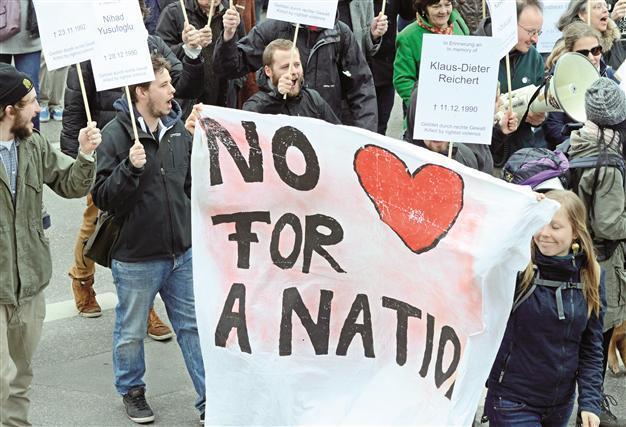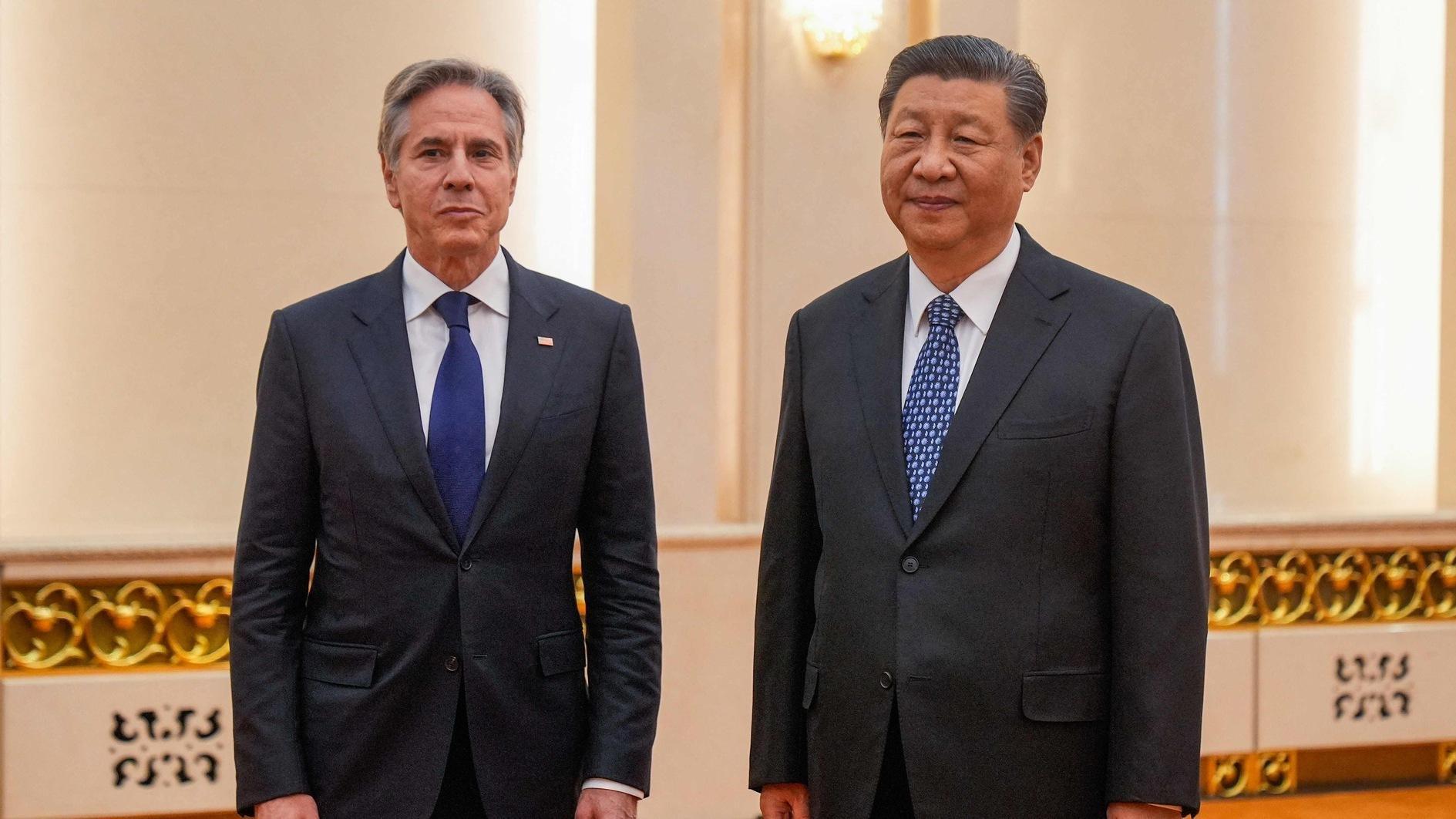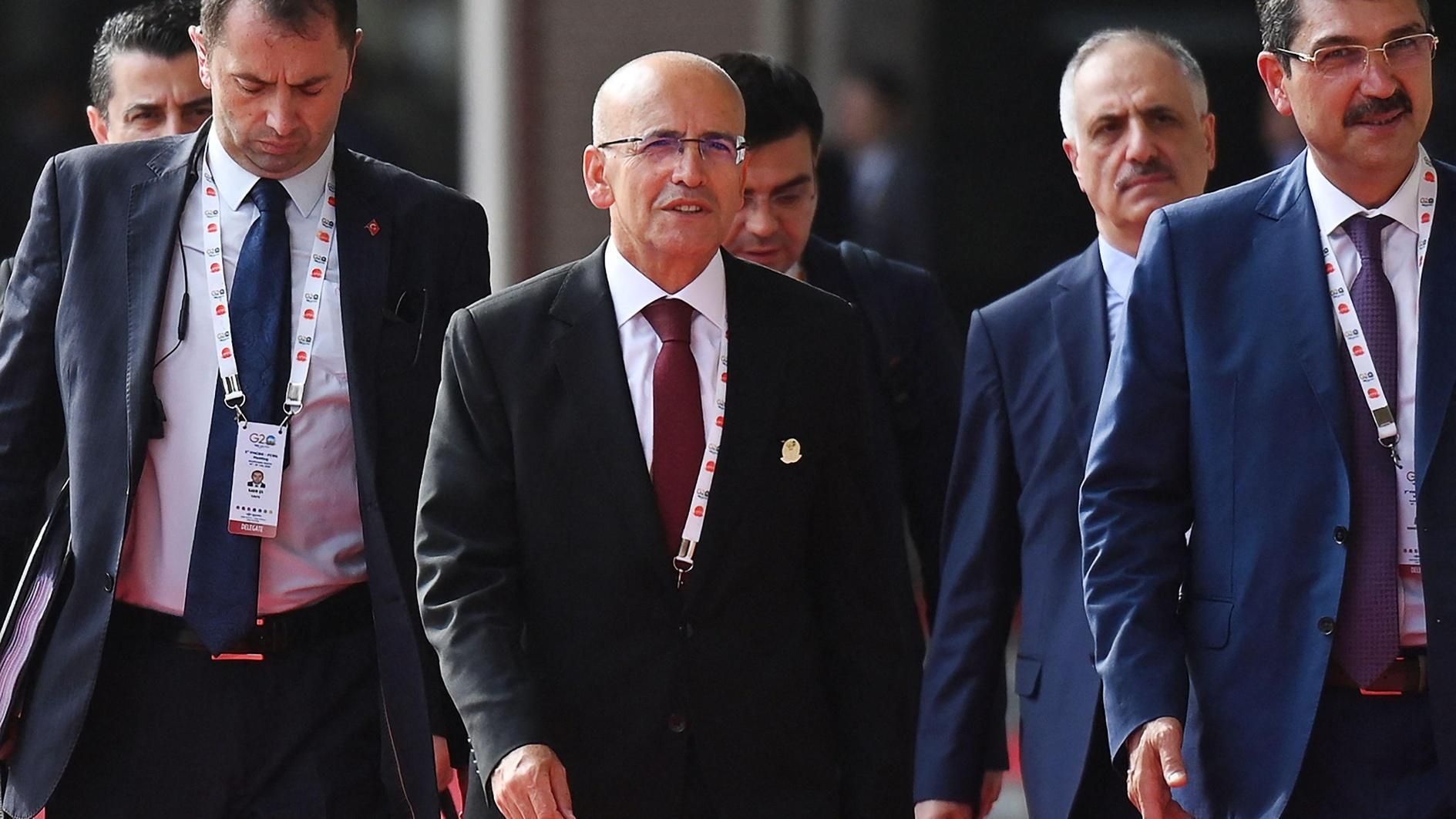Germany stages neo-Nazi exhibit
EBERSWALDE, Germany - Reuters

Participants of the anti far-right demonstration hold up a banner during a demonstration in Munich ahead of the NSU trial. AFP Photo
German security services are staging a touring exhibition to educate youth on the mutating threat of neo-Nazism, a task given ultra urgency by the discovery 18 months ago of a neo-Nazi cell that allegedly murdered eight Turks and two others over nearly a decade.Organized by Germany’s domestic intelligence agency, the BfV, the exhibition – including rueful video testimonies from former neo-Nazis – aims to raise awareness of an ever-adapting and increasingly tech-savvy far right.
It is another example of a decades-long determination by German authorities to ensure the ideology that drove Hitler’s Third Reich and the Holocaust gains no serious new foothold in the country’s prized post-war democracy.
One display in the exhibition that has left youngsters aghast is a neo-Nazi version of the board game Ludo in which players, with rolls of the dice, propel their pieces as “Jews” into death camps as quickly as possible.
“The far right’s attempts to recruit young people pose a huge danger to society and to our state, as well as to the people who devote themselves to its perverted ideology,” BfV chief Hans-Georg Maassen said in an introduction to the exhibit. “Not just the state but all social actors must join the fight against extremism. And to engage you need knowledge.”
The appetite for such knowledge increased with the unearthing of the National Socialist Union (NSU), a neo-Nazi cell created in the late 1990s by three youths that went on to commit 10 murders, utterly undetected.
The NSU’s existence came to light in November 2011 after two members committed suicide following a bungled armed robbery. The trial of the third, Beate Zschaepe, 38, begins next week.
The exhibition, which began in 2004 but was reworked after the NSU affair and has been seen by some 150,000, just passed through the East German town of Eberswalde, north of Berlin.
Xenophobia still rooted
Eberswalde holds the grim distinction of being the site of the newly reunited Germany’s first racially motivated murder in 1990, when a 28-year-old Angolan man was killed by a mob.
“Most of the schoolchildren we are explaining this to will already be familiar with it,” said Dieter Utermöhlen, a member of the BfV who accompanies the roving exhibition.
Although the exhibition drew small left-wing protests in late 2011 due to anger that the BfV did not address its failings regarding the NSU in the show, the feedback is largely positive.
For teachers, it can be a vivid complement to class studies of Nazi history and trips to concentration camps. One young visitor voiced “upset at how much hate people can feel.” Other pupils have expressed shock at harsh neo-Nazi music and said they had become more aware of the meanings of neo-Nazi symbols.
A think-tank study last year raised a stir in reporting that xenophobia was still deeply rooted in parts of German society.
Within the formerly Communist east, 15.8 percent of people displayed far-right thinking. In the former West, the number is 7.3 percent.
In 2011 authorities estimated there were 23,400 far-right adherents in the country of 82 million, down slightly from 2010, though the number of those considered violent rose to 9,800.
















